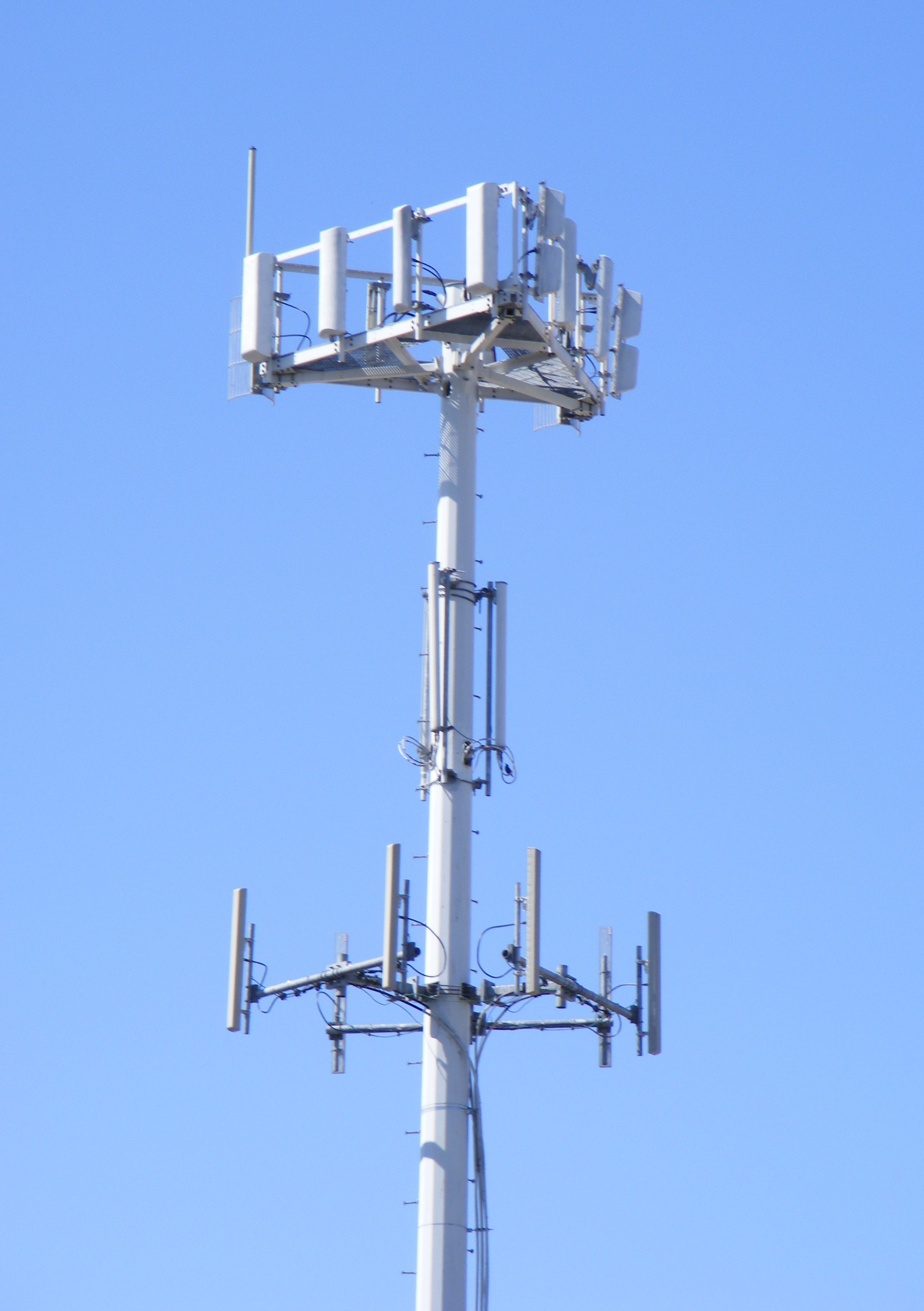New News on the New Web
The internet has revolutionized the way news spread. Many major news providers take to the web to provide their news to people. The is great because we can easily look up stories that interest us on news websites without having to wait to get tomorrow's paper or for the 10 o'clock news.
Yet Another Bill Seeks to Weaken Encryption-By-Default on Smartphones
 |
| CyberHades. "Encryption-100410132-primary" 8/26/2015 via flickr. Attributuion-NonCommercial 2.0 Generic |
The primary debate is over a bill that California Assembly Member, Jim Cooper wants to pass. He wants to pass a bill that will require any smartphone that is to be sold in California to have encryption that can be cracked by the police or other authorities. The purpose behind this bill is to assist law enforcement in their fight against human trafficking and other illegal activities.
2. Who is the most sympathetic character in the story?
I believe that the most sympathetic character in the story is Gautam Hans. Hans is an attorney with the Center for Democracy and Technology. He opposes the bill proposed by Jim Cooper. The reason he evokes sympathy from me is because he has the best argument with the most facts. He looks at the big picture and sees that this will cause way more harm than good. Hans pointed out that opening up a vulnerability for the police will also open it to hackers and other individuals.
3. Who is the least sympathetic character in the story?
I believe that the least sympathetic character in the story is Jim Cooper. He is the California Assembly Member that wants to pass this bill. It seems like most of his reasoning has no logic behind it. He says that it will help prosecute more individuals engaging in illegal activity. However, only 0.74 % of all cases in California involve an encrypted phone. Out of those that do involve an encrypted phone, the phone has never been a factor in prosecution.
2. Who is the most sympathetic character in the story?
I believe that the most sympathetic individual in the story is Justice Department Spokesman, Patrick Rodenbush. He states that law enforcement agencies will treat this policy as any other. One many concern is that cellphone information is captured from anyone within the area of the cellphone tracker. This raises privacy concerns, but Rodenbush says that most data is secured, only used for the evidence required, and then deleted. The rebuttal is what evoked the most feelings from me because it shows that law enforcement agencies are using any acquired information responsibly.
3. Who is the least sympathetic character in the story?
The least sympathetic person in the story is Nathan Freed Wessler. He is a staff attorney for the American Civil Liberties Union's Speech, Privacy, and Technology Project. He states that this policy is a good first step, but it needs to go further. After this there is no further comments. It evoked no feelings from me because it was just a statement with nothing to really back it up.
I believe that the most sympathetic character in the story is Gautam Hans. Hans is an attorney with the Center for Democracy and Technology. He opposes the bill proposed by Jim Cooper. The reason he evokes sympathy from me is because he has the best argument with the most facts. He looks at the big picture and sees that this will cause way more harm than good. Hans pointed out that opening up a vulnerability for the police will also open it to hackers and other individuals.
3. Who is the least sympathetic character in the story?
I believe that the least sympathetic character in the story is Jim Cooper. He is the California Assembly Member that wants to pass this bill. It seems like most of his reasoning has no logic behind it. He says that it will help prosecute more individuals engaging in illegal activity. However, only 0.74 % of all cases in California involve an encrypted phone. Out of those that do involve an encrypted phone, the phone has never been a factor in prosecution.
Justice Department to Require Warrants for Cellphone Tracking -- With a Big Loophole
 |
| Smith, J. "The Top of a Cell Tower" 8/16/2007 via wikimedia commons. Attribution-Share Alike 2.5 Generic |
1. What is the debate, disagreement or argument in the story about?
The main debate is over the uses of cellphone tracking technology, the policy behind it, and what it entails. The United States Justice Department recently came up with new policy regarding cellphone tracking that will require federal law enforcement agencies to acquire a warrant. The issue is that there is many ways to by pass this policy such as claiming that an "exigent circumstance" was present.2. Who is the most sympathetic character in the story?
I believe that the most sympathetic individual in the story is Justice Department Spokesman, Patrick Rodenbush. He states that law enforcement agencies will treat this policy as any other. One many concern is that cellphone information is captured from anyone within the area of the cellphone tracker. This raises privacy concerns, but Rodenbush says that most data is secured, only used for the evidence required, and then deleted. The rebuttal is what evoked the most feelings from me because it shows that law enforcement agencies are using any acquired information responsibly.
3. Who is the least sympathetic character in the story?
The least sympathetic person in the story is Nathan Freed Wessler. He is a staff attorney for the American Civil Liberties Union's Speech, Privacy, and Technology Project. He states that this policy is a good first step, but it needs to go further. After this there is no further comments. It evoked no feelings from me because it was just a statement with nothing to really back it up.
No comments:
Post a Comment